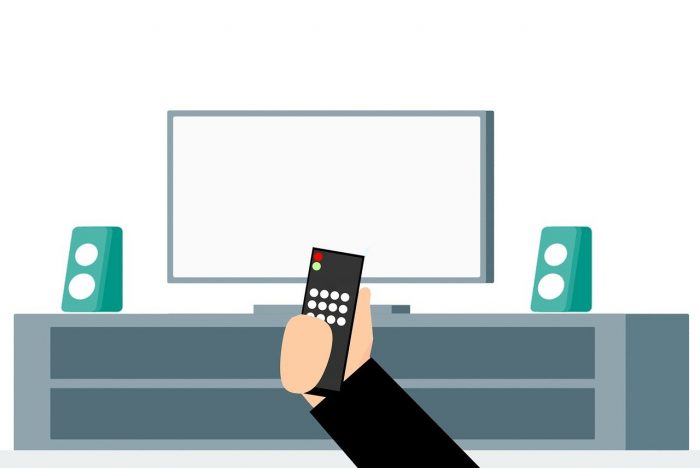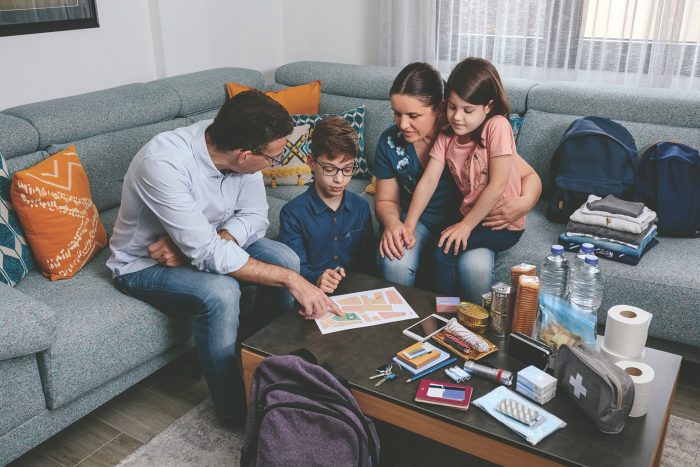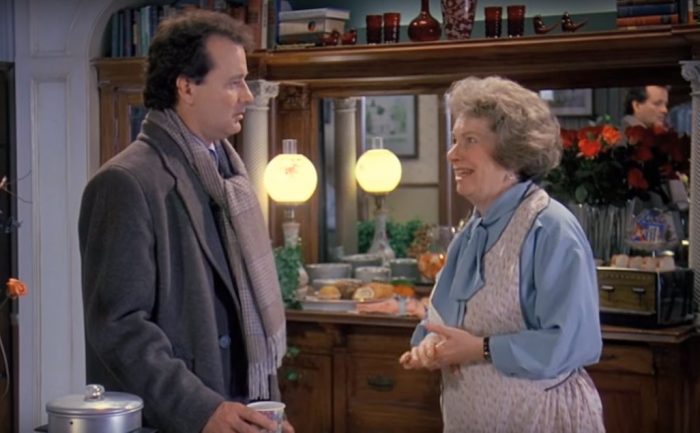By Daniel Dunaief

We have learned to be impatient. Combining our instant gratification experiences with the information, access and communication at our fingertips, we have less tolerance to wait for anything.
When we find out we’ll have to stand in line for a meal for more than half an hour, we dive into our phones, searching for other nearby restaurants where we can eat within 10 minutes or less.
When we wait on the phone for customer service, we shake our heads, bite our lips, roll our eyes and sigh repeatedly while waiting for someone who encourages us to try the app or to use the automated system next time.
We want life to be at least as good if not better today than yesterday and we want that now. It’s a tough time to have to demonstrate patience and to show that we understand that life involves processes.
When we recover from an injury, we want to look at the damaged part of our bodies and, like Superman, somehow fix it by glaring at it or willing the cells involved in the process to work faster and to allow us to run on a stress fracture in our foot or to self-heal a torn rotator cuff so we can go back out and play tennis or softball again.
It’s tough to celebrate or appreciate small victories because we know where the finish line of our recovery is, where the endpoint of our request is and whatever we want immediately.
Perhaps we need to recalibrate our expectations to understand and appreciate what small wins look like. While we know what we’d like with the end result, we can see small improvements as a way to enjoy the moment and to understand and appreciate how we’re on the right track.
In recovering from my stress fracture, I have been impossibly impatient, staring at the treadmill the way I used to long for an ice cream sundae with hot caramel and chocolate sprinkles.
The treadmill, where I overdid my exercise routine and created the stress fracture, had been a source of relief.
Several times over the last few weeks, I was tempted to see if I could restart my running, only to decide, reluctantly, that I would be jeopardizing my longer term recovery.
Instead, I limited my walking and have appreciated how much better my foot feels when I maneuver around the house. The recovery isn’t complete, but the improvement, which seemed imperceptible at first, is now noticeable.
Recently, on a short walk with my dog, I spoke with a friend whose mother was celebrating a milestone birthday. Paul was frustrated with the lower quality of life that his mother is enduring, as she struggles with her memory and doesn’t enjoy many of the same things, like food and family, that used to bring her pleasure.
Paul wondered at the regular frustration he felt at the incremental losses he, his mother and their family felt each day.
While both my brothers are doctors, as was my father, I have no medical training, which makes it impossible for me to offer an informed opinion on the cognitive and physical processes that occur at the end of people’s lives.
That didn’t stop me from suggesting ways to find small wins each day, which may depend on the mental state of his mother.
At some point, those wins, whether they involve a memory of something meaningful to his mother, a card game that reaches completion, or a song she enjoys hearing can become the focus of a visit, rather than the parts she and they lose, can become the new yardstick for a win.
Impatience for something better immediately is a luxury, as are so many other aspects of life, we take for granted.
When the light turns green, we want to make the light so we can reach our destination. At the same time, a red light can give us a few extra seconds to look at the spring flowers blooming around someone’s house, to hear children shouting with delight as they pile into a car on the way to their youth soccer game, or to extend a conversation that might otherwise end when we step out of the car.














